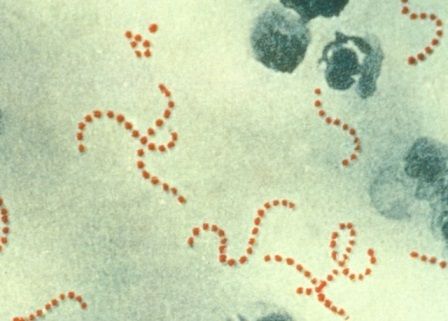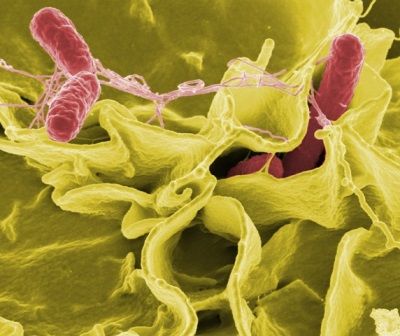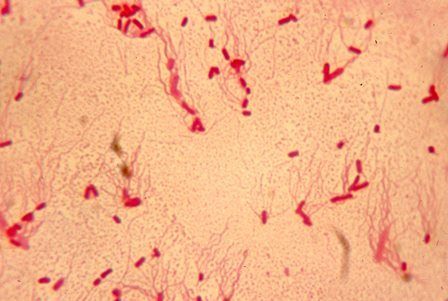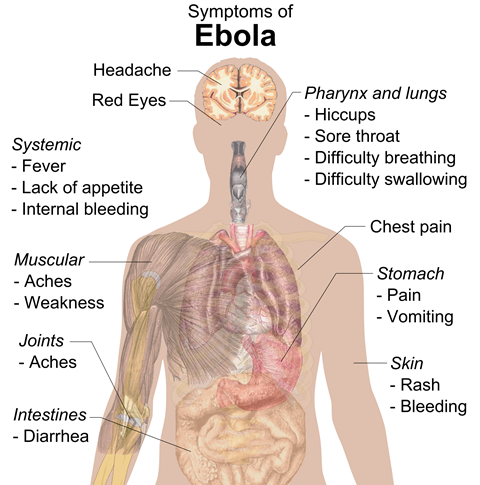They’re many, they’re invisible, and they’re dangerous. You’ll find them wherever you go, and there’s no chance for you to avoid them! That’s how the bacteria rolls, baby!
Don’t worry, though; you can still keep yourself safe from these infectious guys. All you need to do is practice proper hygiene, take lots of vitamin C, and stack up loads of medicine for cough and cold. That’s almost about it! Oh, and don’t forget about having proper knowledge so when you meet any of these harmful germs you’ll be ready to face them. It’s best if you know your enemy, after all! Below are the five lethal bacteria you would often encounter in your daily activities.
Streptococcus Pyogenes

This pathogen is responsible for a wide number of diseases, ranging from light cases of skin infection and sore throat to more life-threatening conditions like multiple sepsis or toxic shock syndrome. This severe bloodstream infection can affect the rest of the different systems of your body, causing a wide variety of symptoms such as increase of body temperature, breathing and heart rate, blood pressure drop, blood coagulation, and acid-base imbalance. But discomfort is the last thing you need to fuss over, since this illness could lead to your own death.
Escherichia Coli

You’ve probably heard of this kind of bacteria before in soap and disinfectant ads. Well, it does deserve to be mentioned as it’s the best known germ that causes food poisoning! E. Coli is capable of releasing toxins in your body, which it purges through violent bouts of vomiting and diarrhea. And other than gastrointestinal problems, it’s also known to cause other severe diseases like urinary tract infection, neonatal meningitis, and Gram-negative pneumonia. Luckily, these illnesses can be prevented easily; you only need to wash your hands before cooking and eating as well as avoid consuming undercooked or raw food.
Vibrio Cholera

Cholera, which is characterized by cold-like symptoms, vomiting, and diarrhea, is one of the diseases that have caused some of the worst outbreaks before the 21st century. Although it has become less of a problem in developed countries now-a-days, it still remains as one of the most life-threatening and prevalent illnesses in most third world countries. And all those fatalities throughout history are caused by its namesake, a group of microscopic comma-shaped organisms called Vibrio Cholera!
Enteritis Salmonella

This bacterium is another common cause of food poisoning, although cases are more prevalent for children. Adults secrete gastric juices that are lethal to these germs; on the other hand, infants and kids still don’t enjoy a fully developed digestive system, making them more susceptible to the E. Salmonella’s harmful effects, including severe dehydration which could become fatal if left untreated.
Salmonella Typhi

Typhoid fever is one of the potentially deadly diseases caused by this rod-shaped bacteria species, marked by high fever, weakness, stomach pains, nausea, and a lack of appetite. It may no longer be as uncommon as before, but it’s still feared all the same! Consuming something prepared by someone sick with typhoid fever, would increase your chance to catch the infection, so be careful of eating suspiciously prepared food and drinks. And on the off chance you get infected, seek medical help right away!
Don’t let yourself be caught dead with these bacteria! Practice constant vigilance and be on the lookout for any of them! That way, you protect your own health and perhaps your life!
